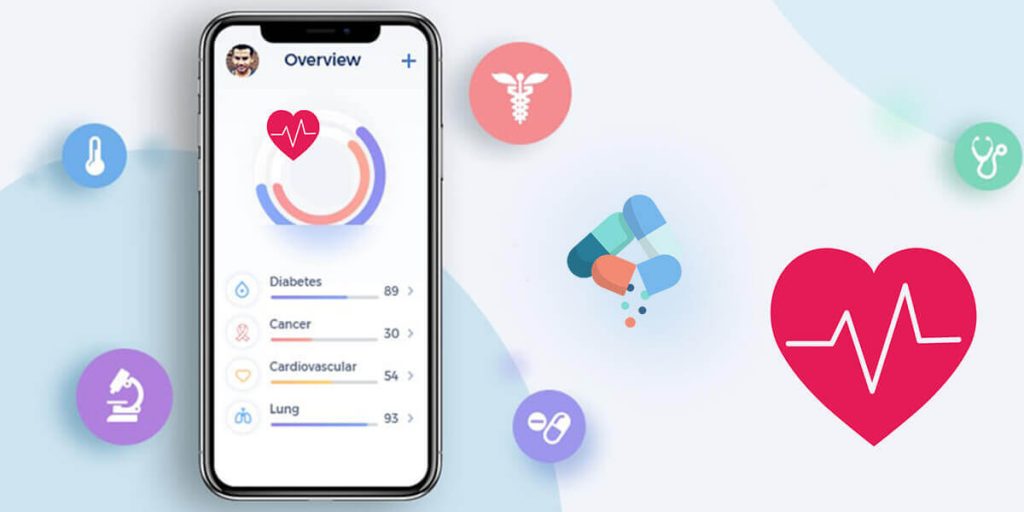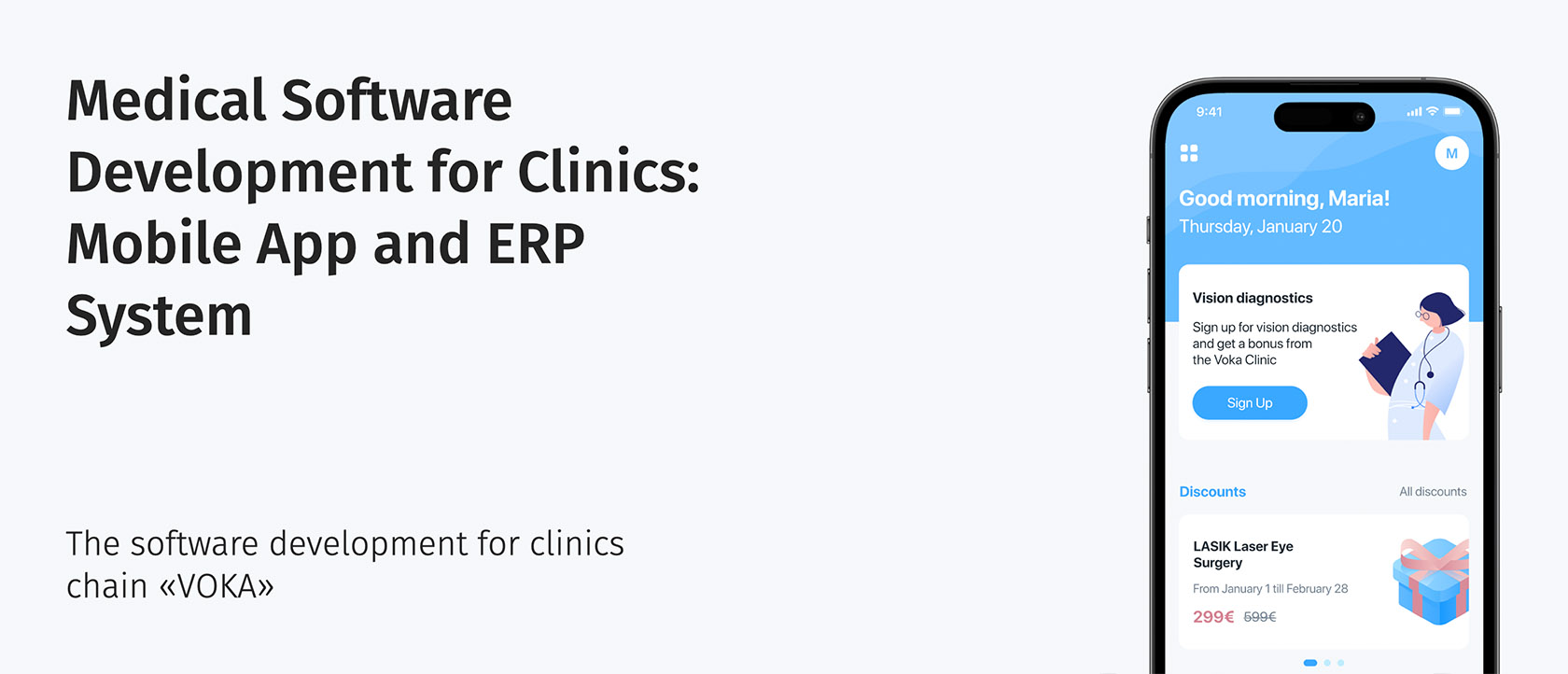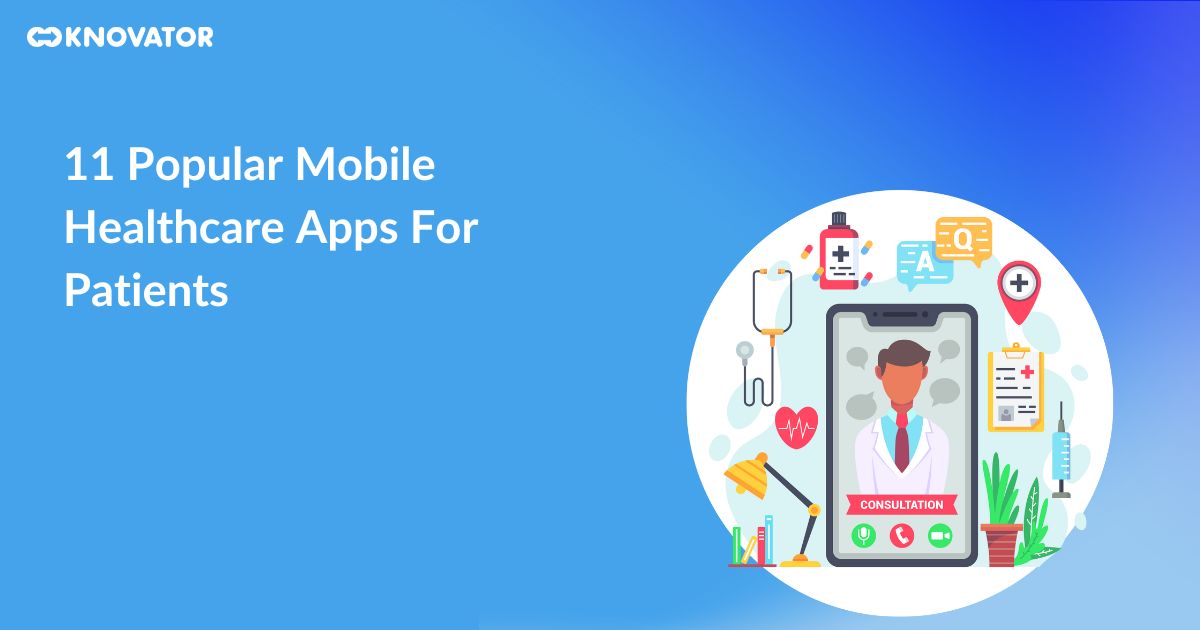The Future of Health Care: Why Clinics Required a Mobile App Today
As the medical care landscape continues to progress, facilities encounter installing stress to adapt to patient assumptions for greater comfort and availability. The combination of mobile applications can serve as an essential method for boosting patient engagement and enhancing procedures.
Transforming Patient Expectations
As the landscape of health care advances, person expectations are undergoing a considerable improvement. Today's clients are increasingly seeking ease, access, and individualized care.
In addition, individuals are ending up being much more informed and encouraged, typically researching treatments and problems on-line before examinations. This increased awareness is paired with a demand for transparency in medical care procedures, including cost estimates and therapy choices. Because of this, service providers are compelled to adapt by adopting electronic tools that improve the patient experience.
The assumption for timely and effective interaction has never ever been higher, with several clients considering responsiveness a critical part of high quality care. mobile app for clinics. In this advancing landscape, medical care organizations must identify these altering assumptions and leverage mobile applications to promote an extra patient-centric approach, making sure that they not just meet yet go beyond the requirements set by today's enlightened customers
Enhancing Person Engagement

Mobile applications facilitate communication between clients and doctor, making it possible for real-time consultation organizing, reminders for medication adherence, and straight messaging features. These functionalities not just improve comfort however likewise develop a sense of responsibility amongst clients. Mobile applications can provide instructional web content tailored to individual demands, assisting patients much better comprehend their conditions and therapy options.
The integration of gamification aspects within medical care applications can also encourage patients to engage in healthy habits, reinforcing positive way of life adjustments. Eventually, boosting patient interaction via mobile applications leads to improved health and wellness end results, greater individual fulfillment, and an extra joint health care experience.
Simplifying Facility Procedures
Simplifying clinic operations is necessary for enhancing workflow effectiveness and maximizing patient care. The application of mobile applications can dramatically lower management burdens, allowing healthcare service providers to focus a lot more on person communications. By automating consultation organizing, client check-ins, and invoicing processes, centers can reduce wait times and enhance overall operational efficiency.
Mobile apps additionally promote real-time accessibility to patient documents, making it possible for medical care specialists to make educated decisions swiftly. This immediacy not just boosts the top quality of treatment however also reduces the likelihood of mistakes linked with lost or obsoleted info. Moreover, leveraging mobile innovation supports an extra orderly technique to handling person follow-ups and therapy strategies, making sure that no important actions are neglected.
In addition, mobile apps can streamline supply monitoring by supplying centers with tools to monitor products and medicines successfully. This enables prompt replenishment and assists avoid disturbances in patient treatment because of equip lacks. By incorporating these capabilities into their day-to-day operations, centers can develop a more reliable and cohesive setting, ultimately causing improved client results and satisfaction. Embracing mobile modern technology is not simply a fad; it is a needed evolution in the health care landscape.
Improving Interaction Channels
Effective communication is frequently mentioned as a foundation of top quality medical care distribution. In today's hectic clinical setting, mobile applications can considerably improve communication channels between centers, individuals, and doctor. By integrating mobile apps right into their procedures, facilities can facilitate real-time communications, making certain that people receive prompt details concerning their consultations, examination outcomes, and therapy strategies.
Mobile applications also encourage people to connect straight with their health care teams through secure messaging features. This direct line of interaction cultivates a feeling of involvement and enables prompt clarification of concerns, which can lead to far better adherence to therapy methods. Push alerts can advise clients of upcoming appointments or drug routines, decreasing no-show rates and enhancing overall health results.

Staying Affordable in Healthcare
In a quickly advancing medical care landscape, organizations need to focus on innovation and versatility to keep an one-upmanship. The assimilation of mobile applications into health care solutions is no much longer optional; it is necessary for facilities aiming to boost person engagement, streamline operations, and enhance total solution distribution.
As patients increasingly rely upon digital platforms for health and wellness monitoring, facilities that fall short to take on mobile technology risk falling behind. A well-designed mobile app can provide functions such as visit scheduling, telemedicine examinations, and accessibility to clinical records, offering individuals with comfort and promoting loyalty.

Rivals are additionally purchasing mobile solutions, so remaining in advance requires continual enhancement and staying educated regarding technological innovations. Clinics have to not only carry out mobile applications however also involve in regular updates and improvements. Inevitably, click this link the successful combination of mobile technology will identify forward-thinking health care companies and set the criteria for patient-centric treatment in a digital world.
Conclusion
In verdict, the assimilation of mobile applications in facilities is important to deal with the progressing landscape of individual assumptions. Eventually, the tactical implementation of mobile apps stands for a crucial action towards supplying tailored and obtainable healthcare, thereby fulfilling the demands of today's encouraged individuals.
Eventually, improving client engagement with mobile applications leads to improved wellness outcomes, better individual fulfillment, and a much more collaborative medical care experience.Mobile applications likewise facilitate real-time accessibility to their explanation client records, making it possible for health care professionals to make enlightened choices rapidly. In today's busy medical setting, mobile applications can substantially improve interaction channels in between centers, patients, and health care service providers.Mobile applications likewise encourage clients to connect directly with Resources their medical care groups with secure messaging functions. Ultimately, the critical implementation of mobile applications represents a critical step towards providing obtainable and individualized healthcare, consequently fulfilling the requirements of today's encouraged individuals.